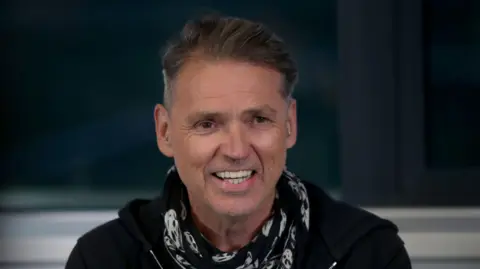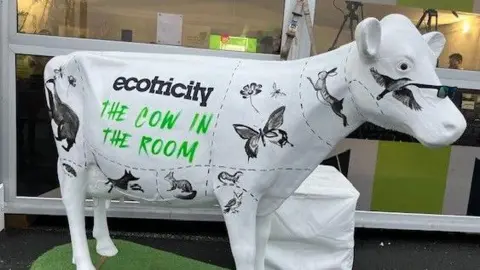Singapore Airlines Still Trying To Spin Flight 321 Turbulence To Lowball Payouts
Tuesday, 24 September 2024, 4:07 pm
Press Release: Carter Capner Law A leading Australian law firm representing passengers on Singapore Airlines Flight 321, which encountered severe turbulence on May 21 while flying between London and Singapore, has accused the airline of attempting to settle claims against the airline “on the cheap” to the serious detriment of injured passengers.
Director of Carter Capner Law Peter Carter says while inviting passengers to apply for advance payments to cover medical expenses, they are then making an offer that requires them to sign a final release.
“We have seen this happen even with respect to our own clients,” he said, explaining that “the true compensation to which passengers are entitled can only be formulated by reference to their permanent impairment that is then projected over their lifetime.
“Spinal surgeons, neurologists and other medical specialists require patients wait until at least 12 months post-injury before they are prepared to attempt that assessment.”
He said the Nine Network’s 60 Minutes program agreed with the law firm’s investigation that the pilots likely knowingly flew through the top of a thunderstorm or in too close proximity to one as it passed over an area notorious for thunderstorm activity in the Inter Tropical Convergence Zone.
“Other planes took evasive action and changed direction, yet Flight SQ321 headed directly to the area.”
Mr Carter said his firm assembled a team of experts that included two senior airline captains to provide technical advice, and recruited aviation legal experts in the UK, US and New Zealand as co-counsel to help negotiate the resolution of their SQ321 clients’ claims.
Seven figure compensation
“Passengers need to know this was not a freak accident and they are therefore entitled to substantial compensation, not just the expense payments the airline has so far offered.
“We are convinced the true facts will show there was crew responsibility for the accident and that the airline’s compensation liability to passengers is therefore unlimited.
“Many passengers will be entitled to seven figure compensation.”
He said some passengers believe the airline is there to act in their best interests but “unfortunately that is very far from the truth.”
“The insurers who are calling the shots are the same people I have built a career on fighting, to ensure injured passengers get their full entitlement. Their interest is to minimise payouts.”
Carter Capner Law is Australia’s foremost aviation accident compensation law firm and has represented passengers in many major air accidents including QF72 off Western Australia in 2008; QF32 in Singapore in 2010, MH17 over Ukraine in 2014, and LATAM Airlines over New Zealand in 2024.
Peter Carter bio:
Peter Carter is one of the most experienced lawyers in the Australasian region in the fields of aviation, tourism and travel compensation. He is a former national president of the Australian Lawyers Alliance, and was previously a director of the Civil Justice Foundation of Australia. Peter has also held the roles of Queensland president of the Aviation Law Association of Australia and New Zealand, and governor on the board of the American Association for Justice. He is a member of the Lawyer-Pilot Bar Association (USA) and holds a single engine private pilot’s licence with a command instrument rating.











